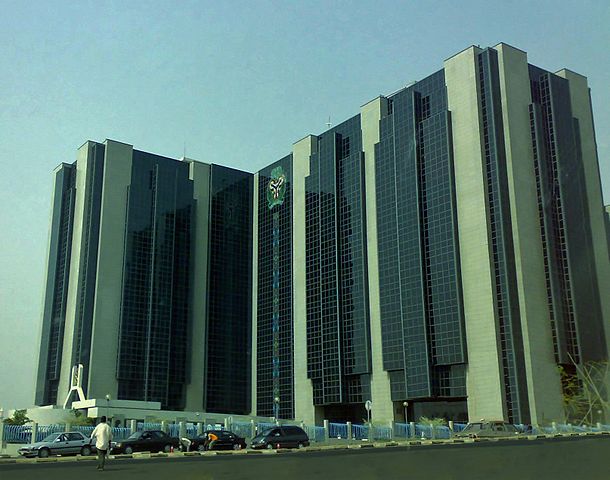Nigerian Banks to Ban Credit and Debit Card Use Abroad

Nigeria to Ban Credit and Debit Card Use Abroad
Starting on 1 January 2016, credit and debit cards denominated in the Nigerian naira will no longer be enabled for international use. The decision by the Central Bank of Nigeria to ban credit and debit card purchases abroad comes amid declining foreign exchange liquidity and aims to slow the flow of foreign exchange out of the country.
News of the ban broke via BBC . So far one Nigerian bank, Standard Charter, has informed customers of the impending change.
The Nigerian economy, the twentieth largest in the world, has been hard hit by falling oil prices, and the unofficial value of the naira has tumbled. The Central Bank of Nigeria fixed the exchange rate in February and blocked access to foreign exchange for certain kinds of imports in June.
The move to disable Nigerian credit and debit cards for international use is the latest attempt to counter the flow of foreign exchange abroad. Nigeria’s foreign exchange reserves have been in decline and are stretched increasingly thin.
For Nigerians, the new restrictions will make it harder to make purchases from foreign retailers both online and while traveling abroad. Those most likely to notice the change include wealthy Nigerians looking to buy luxury items on the international market. Some luxury goods have already become scarce in Nigeria as a result of the Central Bank’s ban on using foreign exchange for certain imports.
Together, the ban on credit and debit card use abroad and the obstacles Nigerian importers already face create an opening for Bitcoin. Already, Bitcoin has been used to make it easy for Nigerians abroad to send money home. Now, Bitcoin could help facilitate the flow of money in the other direction.
Under the restrictions that will go into place in January, Nigerians looking to make purchases abroad could buy bitcoin domestically, then use bitcoin for international purchases. Thus, people with Nigerian-denominated credit cards could continue buying goods internationally without taxing Nigeria’s foreign exchange reserves.
Over the past year, Bitcoin has already been making inroads into Africa. In January, ICE3X became Nigerian’s first bitcoin exchange, allowing users to trade bitcoin in both South African rand and Nigerian naira. As a result, a framework is already in place enabling easy access to bitcoin using naira, and the growing limitations on uses of traditional currency in Nigeria could accelerate Bitcoin adoption in the country.
Nigeria’s foreign exchange crisis illustrates how using Bitcoin can solve some of the monetary problems involved in international trade. In this case, Bitcoin becomes a promising alternative to the naira because it makes international purchases more convenient for consumers while also easing the strain on Nigeria’s foreign exchange reserves.
Image from Wikipedia/chippla .